[1], after the US and China. The Penitentiary Surveillance Bank of the National Council of Justice (CNJ) estimates over 812.564 prisoners by June 2020[2]. During the last decade, Brazil prison’s population increased by over 55%; One of the explanations normally pointed out by specialists is the increase of laws that seconded jail time for minor crimes and first-time offenders[3]. The data shows that, of the total prison population, 41.5% (337,126) are provisional prisoners, meaning they had not yet been convicted by a judge and are waiting a trial[4]. Pre-trial detention rose more than 200% in Brazil between 2000 and 2018[5].

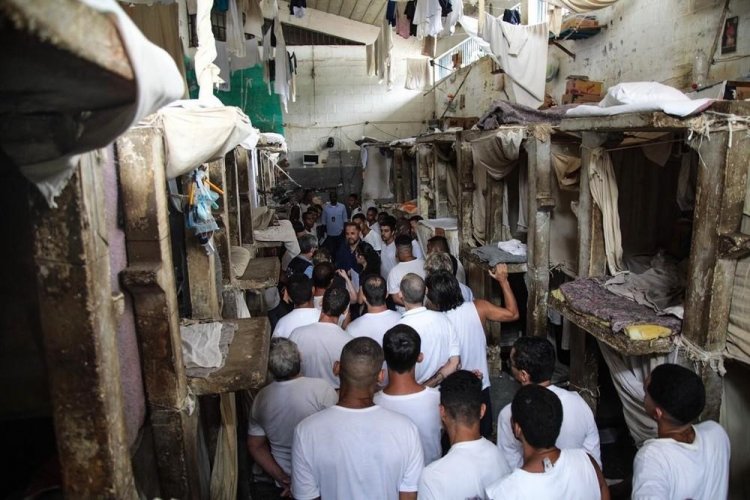

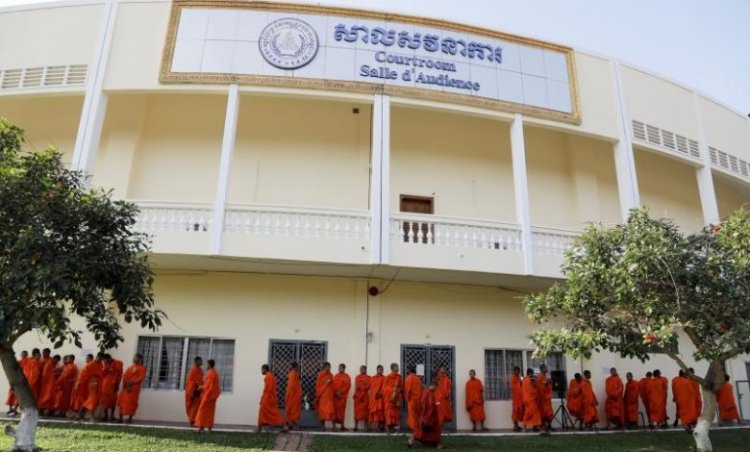

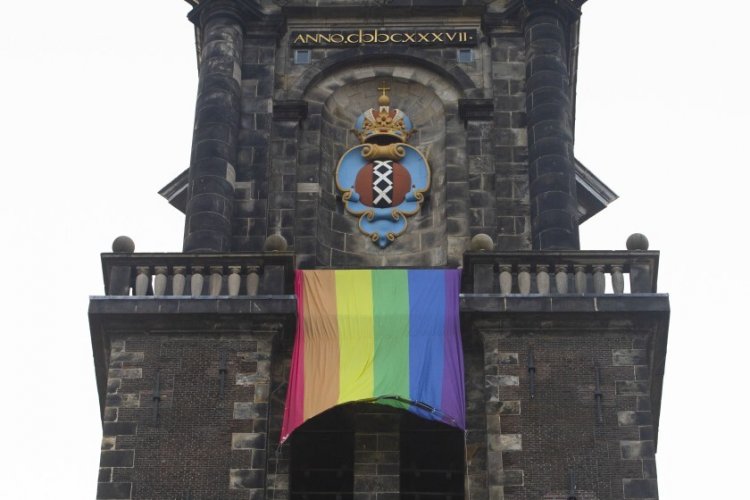
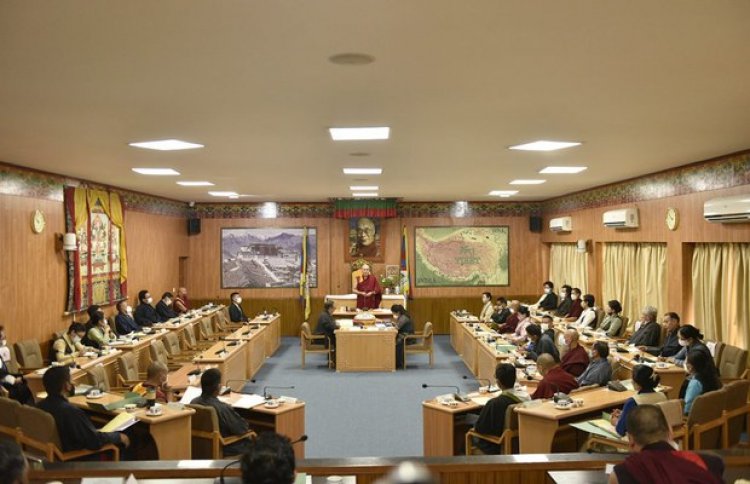
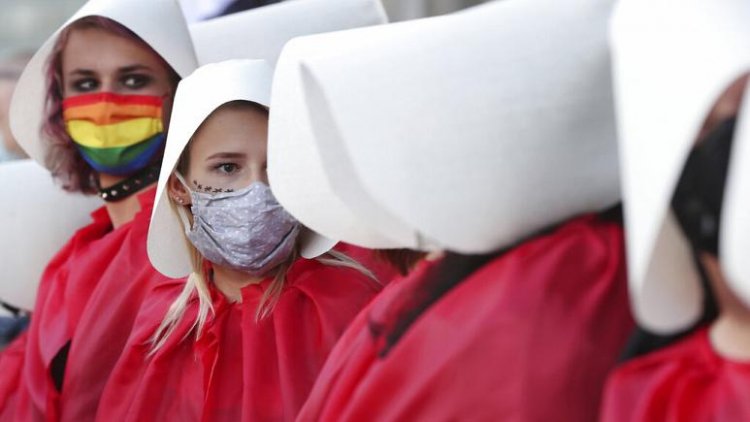
Comments